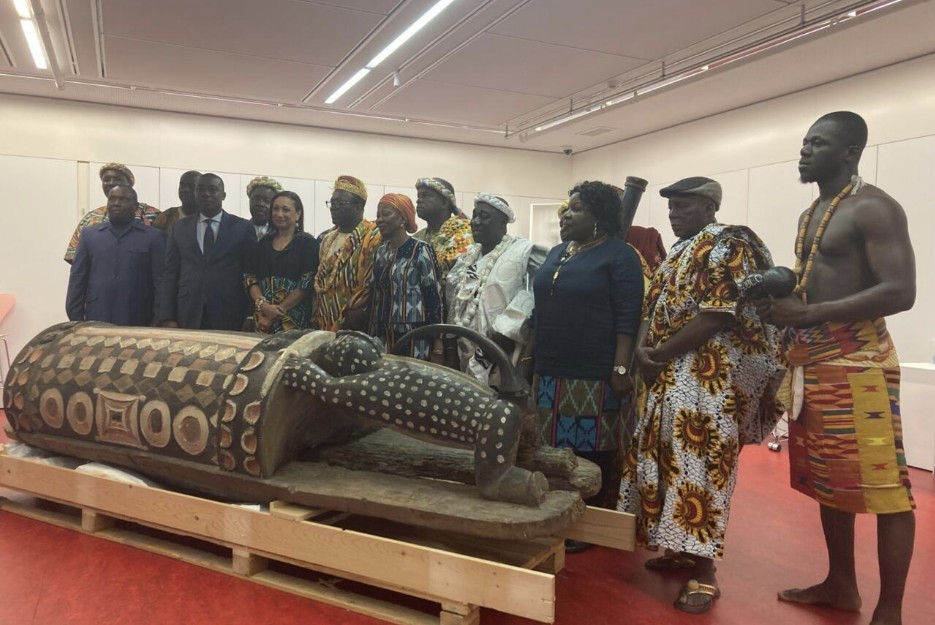The Age Old Hindu-Muslim conflict erupts again, leading a chain of human rights violations
- Tanisha Choudhury
- Nov 8, 2021
- 2 min read
As the nations of India and Bangladesh have progressed throughout the decades since their respective historic independence, conflict and persecution embroiled in Muslim and Hindu tension have been frozen in time with the possibility for a stalemate no where near us.
In the early morning of October 15, in Bangladesh’s city of Cumilla, weeks before the major Hindu festival of Durga Puja, the Islamic holy book, the Qur’an was found placed in a shrine of a Hindu Temple. In the next few weeks following the incident, violent scenes all too familiar to both Hindu and Muslim civilians erupted. In Bangladesh, more than one hundred people were injured, several Hindu civilians murdered and temples destroyed. While just over the border in India, Hindu civilians retaliated by vandalising and setting fire to mosques and demolishing Muslim-owned businesses.
The string of unrest is currently continuing in both states and is slowly escalating to become some of the deadliest attacks stemming from the Hindu-Muslim conflict as casualties and damages rise in numbers.
This age-old feud, consumed in the human rights violations as they continue to be driven by empty promises to take action against the conflicts and subjective governance has and continues to set back the decades of democratic progress made by both nations. The question now is exactly when this conflict will see an end and how this will be achieved.
The actions from both nations
While this time around, the Bangladeshi Prime Minister Sheikh Hasina was quick to speak out against the violence vowing to “hunt down” the instigators, her actions to some were met with heavy criticism.
“Bangladesh authorities are dealing with an extremely stressful situation that could easily escalate into even more bloodshed, unless law enforcement acts with caution and restraint,” said Asia Director at Human Right Watch, Brad Adams
In Bangladesh, whenever political unrest or religious conflict arises, a key approach often undertaken to dilute the situation is to shut down mobile internet and deploy military forces to enforce strict rules. This very approach was once again undertaken to control the situation.
However, it also uncovers a deeper truth to why such conflicts are not seeing an end; rather than treating the root of the problem, Bangladeshi authorities take the band-aid approach and completely ignore the underlying issues that need to be addressed.
“The authorities need to be deescalating violence, not shooting live ammunition into a crowd,” said Mr Adams.
Similarly, Indian authorities take little initiative to de-escalate the attacks that are currently taking place against the Muslim minorities in Tripura. They have even, in many instances, fuelled hate crimes against the minority group.
This comes after Indian authorities adopted laws that outwardly discriminated against the Muslim minority as police and courts were infiltrated by leading Hindu nationalist party, fuelling attacks on the minority groups with impunity, according to Human Rights Watch.
What happens now?
Despite numerous attempts by authorities to create a secular democracy, the sheer age and intensity of this conflict is telling of both nation’s desire to appease their major religious groups and in doing so, allowing for the harmful attacks on their minorities. In order to progress and protect their democracy, it is integral that both nations adopt a firm political stance that will protect all groups rather than approaching with a band-aid solution every few months a religion related conflict occurs.





Comments